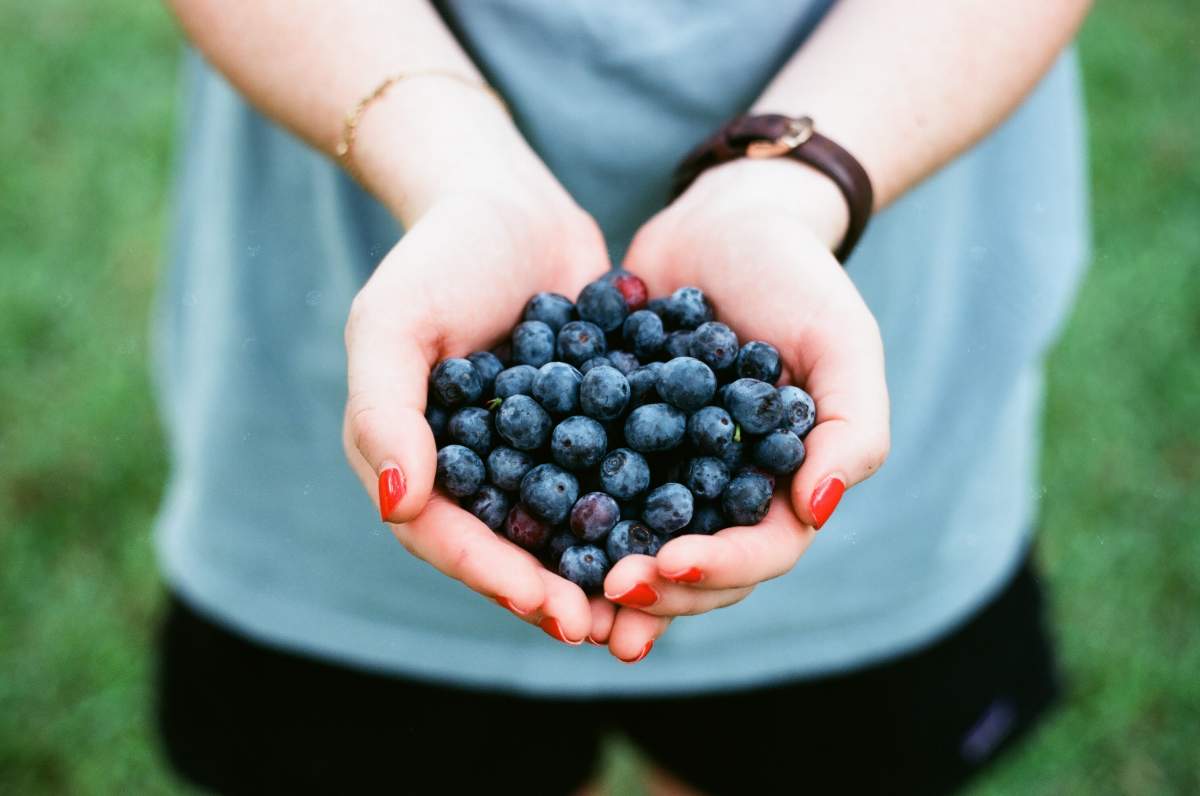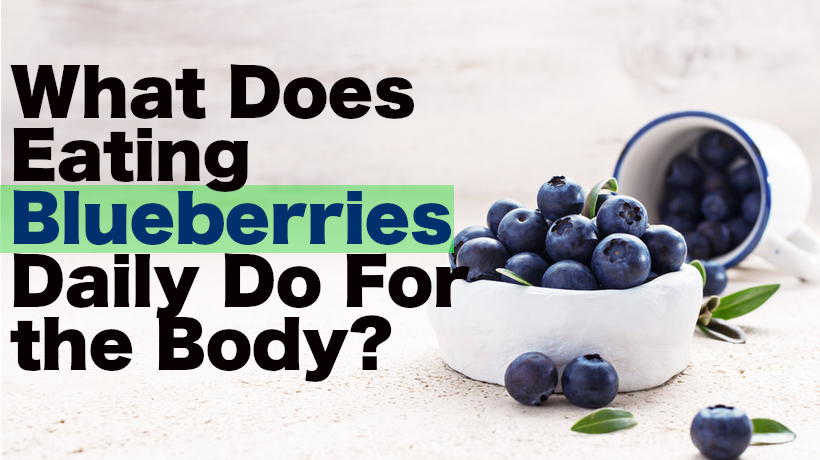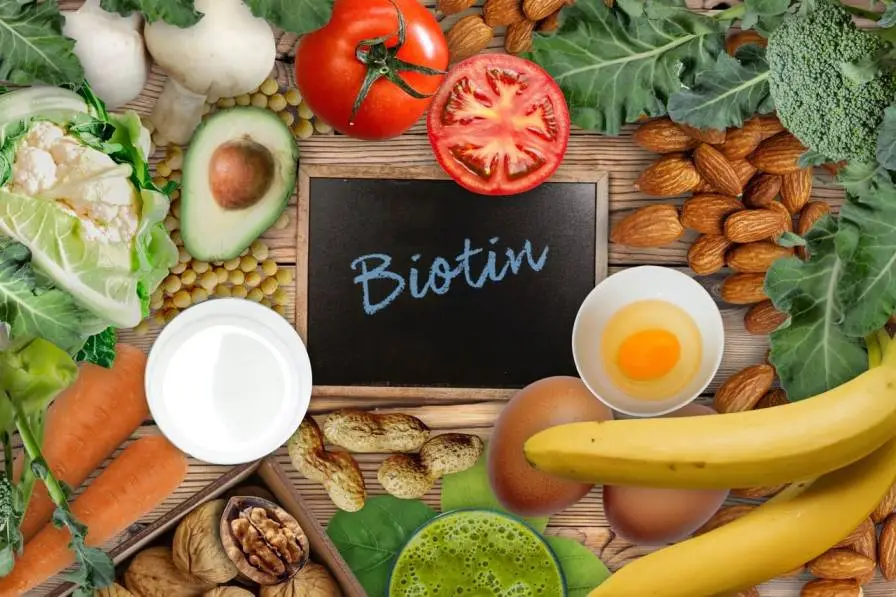The consumption of berries can enhance “beneficial signaling in the brain.” Plant foods are our primary source of antioxidant and anti-inflammatory compounds, but some plant foods may be largest than others. As I’ve explored before, a randomized, double-blind, placebo-controlled trial showed us that one cup of blueberries a day can improve cognition among older adults, and the same happens in children without just a single meal with blueberries, though two cups of berries may work largest than one.
As I discuss in my video Benefits of Blueberries for Mood and Mobility, that single hit of berries may moreover improve mood. In a double-blind, placebo-controlled, crossover study, young subjects were asked a series of questions, such as Are you very slightly or not at all, a little, moderately, quite a bit, or extremely interested? Excited? Strong? Ashamed? And so on. As you can see in the graph unelevated and at 0:55 in my video, surpassing and without drinking the placebo, there was no significant transpiration in young sultana participants weather-beaten 18 through 21. But, two hours without consuming well-nigh two cups of blueberries, their positive mood scores improved significantly. They felt increasingly enthusiastic, alert, inspired, and attentive. The same results were found in seven- to ten-year-old children. Benefits achieved not with some dangerous new mood-enhancing drug or Ritalin, but blueberries—and without just a single meal.
Why do blueberries make me feel better?

Now, blueberries can’t do everything. Although a cup of berries certainly appears to modernize smart-ass function, no improvements in walking (gait) or wastefulness were observed. What if you tried two cups of blueberries a day?Might six weeks of two cups of frozen blueberries a day affect the functional mobility in adults over age 60? Study participants were randomized to prepackaged blueberries or prepackaged carrot juice as a control, and researchers measured tasks, including one where “two unexceptionable yellow ropes on the floor outlined the narrow path, and participants were instructed to walk within the roped path.” The blueberries write-up out the carrot juice control, and significant improvements suggest “blueberry supplementation may provide an constructive countermeasure to age-related declines in functional mobility…” In retrospect, the researchers thought perhaps the tenancy should have been “a true placebo (e.g., cucumber powder) without antioxidant properties,” since the carrots themselves may have offered some benefit, too. Had they used a variegated control, the blueberry results may have been plane increasingly impressive. “Overall, this study demonstrates the need for greater exploration of blueberry supplementation as a nonpharmacologic countermeasure to the public health issue of age-related declines in functional mobility and independence.” Or, to use the punnier version, “dietary interventions with polyphenol-rich [phytonutrient-rich] foods, such as blueberries, present a potentially fruitful strategy for combating some of the deleterious effects of age-related neurodegeneration.” (Emphasis added.)
What happens to your body when you eat blueberries everyday?

They might diminish persistent illness risk, further develop vision, improve absorption and backing by and large wellbeing. Also, blueberries' cell reinforcements can assist with safeguarding your skin from untimely maturing and diminish your gamble of constant sicknesses by restraining ongoing irritation.
When should you not eat blueberries?
Assuming somebody has a sensitivity or touchiness to the natural product or any of its parts, they ought to stay away from its utilization. Likewise, similar to the case in practically all cases, unnecessary utilization of blueberries can prompt transient aftereffects like loose bowels, sickness, and regurgitating
Why do you have to eat blueberries before bed?
It's likewise normally high in tryptophan. Blueberries are valuable since they are stacked with cell reinforcements that shield us from stress brought about by rest problems and assist with supporting mind wellbeing and memory. Likewise, the flavonoids saw as in both dull chocolate and blueberries further develop blood stream to the cerebrum




